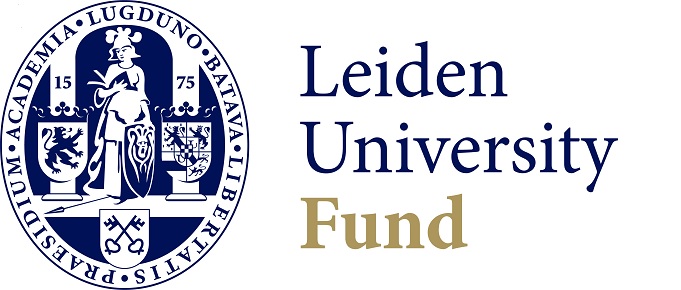
‘It’s time we updated our concept of freedom’
Online and offline, in Dutch and in English, and in various locations around the world: 2021 promises to deliver another great event in honour of Professor Cleveringa’s protest speech. Special duo lectures on freedom will be held in Utrecht and Leiden during the Cleveringa Meetings. After all, what is freedom in a globalising world? And as our borders on earth are becoming increasingly problematic, how will that work in space?
Freedom is never absolute. There is always a limit: the point where another’s freedom begins. But how does that work in space, where statelessness is the order of the day and – for the time being – there are no extra-terrestrial ‘others’? ‘Space is undergoing a technological revolution: more and more is becoming possible at breakneck speed,’ says Marco Beijersbergen, Professor of Physics in Leiden, on the subject of his lecture on 25 November 2021. ‘Everyone has seen the entrepreneurial giants launch their rockets, but with a good credit card, anyone can order a satellite and have it launched into space. It doesn’t cost billions anymore, but rather a few hundred thousand.’

Data collection
All those satellites can collect enormous amounts of data, which offers huge advantages: ships can be monitored to identify which ones are over-polluting, and crops can be monitored to facilitate more targeted irrigation. But, as we now know, unrestricted data collection can also lead to problems. ‘This is something that we really need to think about,’ says Beijersbergen. ‘We have given the internet a major role in our lives, but only later did we start to question the legal framework. Let’s make sure that we have this discussion about space beforehand, because the technological possibilities are already here: we need to come to international agreements about who has access to the benefits and who is responsible for the costs.’
‘Companies reap the benefits, but society bears the costs’
Frans von der Dunk, Professor of Space Law at the University of Nebraska-Lincoln and the second speaker of the evening, studies this issue from a legal perspective. ‘The main international space treaties date back to the 1960s,’ he explains, ‘when there was absolutely no commercial interest in space. Back then it was decided that space can be freely explored by all countries, but does that also apply to private entrepreneurs? On the one hand, entrepreneurs have the freedom to do business, but on the other, social issues such as the environment, human rights and national security must also be taken into account. Companies reap the benefits, but society bears the costs. How do you deal with these conflicting interests? How can we get space law on the right track?’
Autonomy in a changing world
The meaning of freedom is also a much discussed topic closer to home. In their duo lecture in Utrecht on 26 November 2021, Professor of European Law Armin Cuyvers and sinologist and publicist Henk Schulte Nordholt will explore the meaning of autonomy in a changing world order. When discussions turn to the curtailment of freedom, people often look to China. ‘China’s president, Xi Jinping, is intent on turning the country into an increasingly totalitarian state,’ says Schulte Nordholt. ‘That clashes with what’s happening in Hong Kong: the people there want more democracy and to be in charge of their own destiny. They also feel less and less Chinese. Britain and China signed a treaty agreeing that Hong Kong would retain a high degree of autonomy until 2047, but Beijing put a stop to that in 2020. In China’s view, substantial autonomy undermines the country’s territorial integrity. The expectation that the global advance of democracy would be unstoppable has proved to be an illusion.’

‘In our geopolitical reality, many people therefore feel that they are no longer free, that they and their country are being taken over’
In Europe, too, democracy seems to be under pressure. Like Hong Kong, the United Kingdom fought against the ‘loss of autonomy’, even though it had initially relinquished this autonomy, voluntarily, to benefit from being a member of the European Union. ‘For a long time, people thought they could manage everything within a state,’ says Cuyvers, ‘but the state alone is no longer an adequate organisational unit. In our geopolitical reality, many people therefore feel that they are no longer free, that they and their country are being taken over. Brexit is an excellent example of that. It was sold as “taking back sovereignty and autonomy”. This was largely based on lies and false assumptions, but the underlying questions and fears are legitimate. How can a country function in a reality that is no longer national? We have had this discussion about freedom and cooperation before, when the idea of the state was conceived. Today, that discussion will increasingly be about how states and populations can work together. It’s time we updated our concept of freedom and autonomy. And not in the Baudet way, where you can do anything you want.’
Come and join us
These two lectures, and many others, will be held on and around 24 November as part of the Cleveringa Meetings. Various lectures will be taking place in locations all over the world, many of them in person and online. The full programme can be found on this page. Register now for the lecture(s) you are interested in.
The lectures in Leiden and Utrecht, which are announced above, can also be followed online, so that even more alumni and other interested parties can join. Guests are also welcome!
